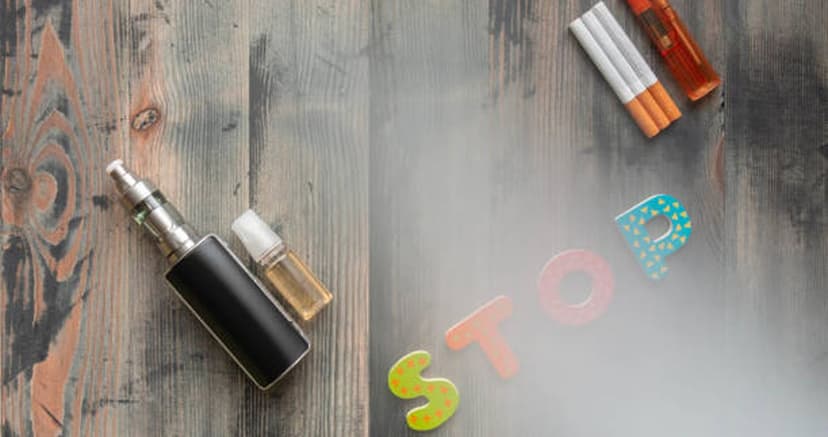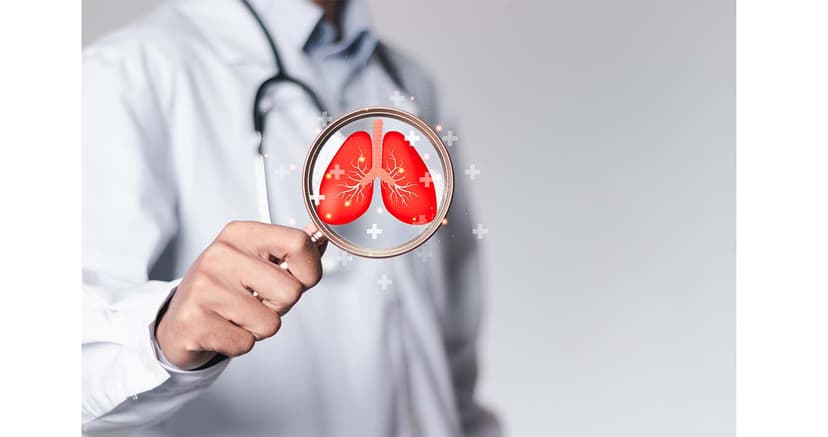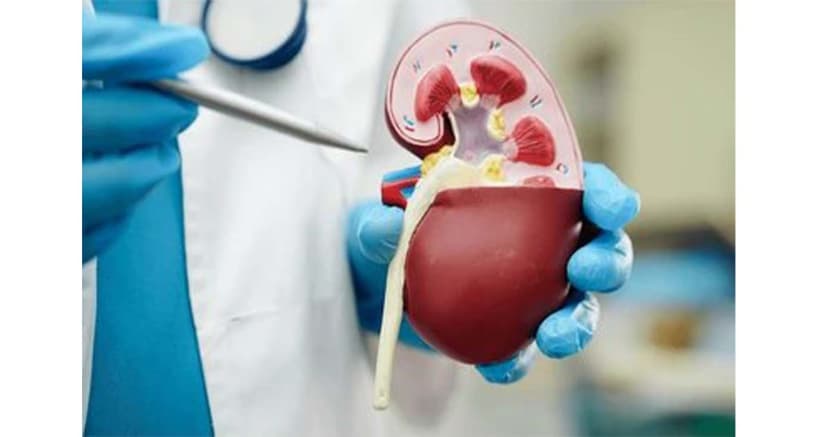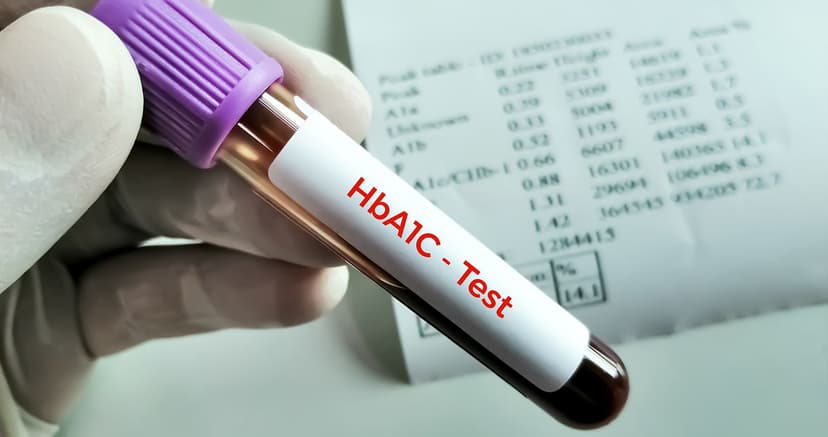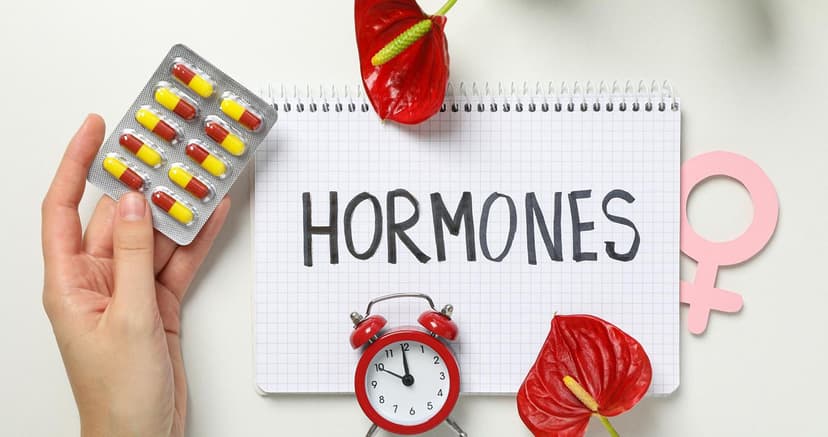The Different Types of Acne: Identifying and Treating Each Type Effectively
By:

Apex Hospitals
22-06-2024

Acne is a widespread skin condition impacting millions globally. While it can be frustrating, embarrassing, and sometimes painful, rest assured that effective treatments are available. Understanding the different types of acne is crucial for effective treatment and management.
What is acne?
Acne is a prevalent skin condition that affects the pilosebaceous follicles, or pores, predominantly on the face, chest, and back. It is characterized by developing various lesions, including pimples, blackheads, whiteheads, papules, pustules, cysts, and nodules. This inflammatory disorder arises when pores become clogged with excess oil and dead skin cells. While acne can be painful and lead to significant discomfort, it generally does not pose a severe health threat. Affecting both adolescents and many adults, acne accounts for up to 20% of dermatological consultations.
What are the causes of acne?
Acne is caused by a combination of factors contributing to hair follicle clogging and subsequent inflammation. The primary causes of acne include:
1. Excess Sebum Production: Overactive sebaceous glands produce too much oil (sebum), which can clog hair follicles and lead to acne.
2. Clogged Hair Follicles: Dead skin cells can mix with sebum and block hair follicles, creating an environment where bacteria can thrive.
3. Bacterial Growth: The bacteria Propionibacterium acnes (P. acnes), which is naturally present on the skin, can multiply in clogged pores, leading to inflammation and acne lesions.
4. Hormonal Changes: Fluctuations in hormones, such as those occurring during puberty, menstrual cycles, or due to conditions like polycystic ovary syndrome (PCOS), can increase sebum production and contribute to acne development.
5. Genetics: A family history of acne can increase susceptibility, as genetic factors can influence sebum production and skin cell turnover.
6. Diet: Certain dietary factors, such as high glycaemic index foods and dairy products, may exacerbate acne in some individuals, though the relationship is still being studied.
7. Stress: Emotional and physical stress can influence hormone levels and exacerbate acne symptoms.
8. Medications: Some medications, including corticosteroids and certain birth control pills, can trigger or worsen acne.
9. Cosmetics and Skin Products: Oily or comedogenic (pore-clogging) makeup and skincare products can contribute to acne formation.
10. Environmental Factors: Pollution and exposure to certain chemicals can irritate the skin and worsen acne.
Types of acne
Acne manifests in various forms, each with distinct characteristics. Understanding these types can help identify and treat them effectively. Here are the main types of acne:
1. Comedonal Acne:
- Blackheads: Small, dark lesions caused by clogged hair follicles with open tops. The dark colour is due to oxidation of the sebum.
- Whiteheads: Small, flesh-coloured or white bumps occur when hair follicles are clogged with oil and dead skin cells, creating a white appearance.
2. Inflammatory Acne:
- Papules: Small, red, raised bumps that are tender and inflamed but do not contain pus.
- Pustules: These are similar to papules but filled with pus, resulting in a white or yellowish tip. They are inflamed and can be painful.
3. Nodular Acne:
- Nodules: Large, hard, painful lumps deeply embedded in the skin. They are often red and can be quite tender to the touch.
4. Cystic Acne:
- Cysts: Severe form of acne characterized by large, painful, pus-filled cysts deep within the skin. Cysts can be inflamed and often result in significant scarring.
Triggers of acne
Acne triggers can vary from person to person, but several common factors are known to exacerbate or contribute to the development of acne. Here are some of the primary triggers:
1. Hormonal Fluctuations:
- Puberty: Increased adolescent hormone levels can stimulate sebaceous glands to produce more oil.
- Menstrual Cycle: Hormonal changes associated with menstruation can trigger acne flare-ups.
- Pregnancy: Hormonal changes during pregnancy can also affect acne.
- Polycystic Ovary Syndrome (PCOS): This condition causes hormonal imbalances that can lead to acne.
2. Diet:
- High Glycaemic Index Foods: Foods that cause rapid spikes in blood sugar, such as sugary snacks and white bread, may contribute to acne.
- Dairy Products: Some studies suggest a link between dairy consumption and acne, though evidence is inconclusive.
3. Stress:
- Emotional Stress: Stress can trigger or worsen acne by influencing hormone levels and increasing oil production in the skin.
- Physical Stress: Stress from illness or intense physical activity can also impact acne.
4. Environmental Factors:
- Pollution: Exposure to pollutants and environmental toxins can irritate the skin and contribute to acne.
- Climate: Hot, humid conditions can increase oil production and sweating, leading to acne.
How do you treat different types of acne effectively?
1. Blackheads and Whiteheads
- Topical Retinoids
- Salicylic Acid
- Benzoyl Peroxide
- Exfoliating Agents
2. Papules and Pustules
- Topical Antibiotics
- Benzoyl Peroxide
- Topical Retinoids
- Oral Antibiotics
- Niacinamide
3. Nodular and cystic acne
- Isotretinoin
- Oral Antibiotics
- Corticosteroid Injections
General Tips for Managing Acne:
- Consistent Skincare Routine: Use a gentle cleanser, and avoid over-cleansing or using harsh scrubs.
- Non-Comedogenic Products: Choose skincare and makeup products labelled as non-comedogenic.
- Avoid Picking: Refrain from squeezing or picking at acne lesions to prevent scarring and infection.
- Sun Protection: Use a broad-spectrum sunscreen to protect sensitive skin and prevent post-inflammatory hyperpigmentation.
Acne can be challenging, but many effective treatments are available to help manage breakouts and promote healing. If you’re struggling with persistent or painful acne, our dermatologist is here to help. We can develop a personalized treatment plan tailored to your skin’s needs and work towards reducing scarring. Book your appointment today to get started on your path to clearer skin.
FAQS
Related Articles
Connect With Us
Health In A Snap, Just One App.
KNOW MORE

